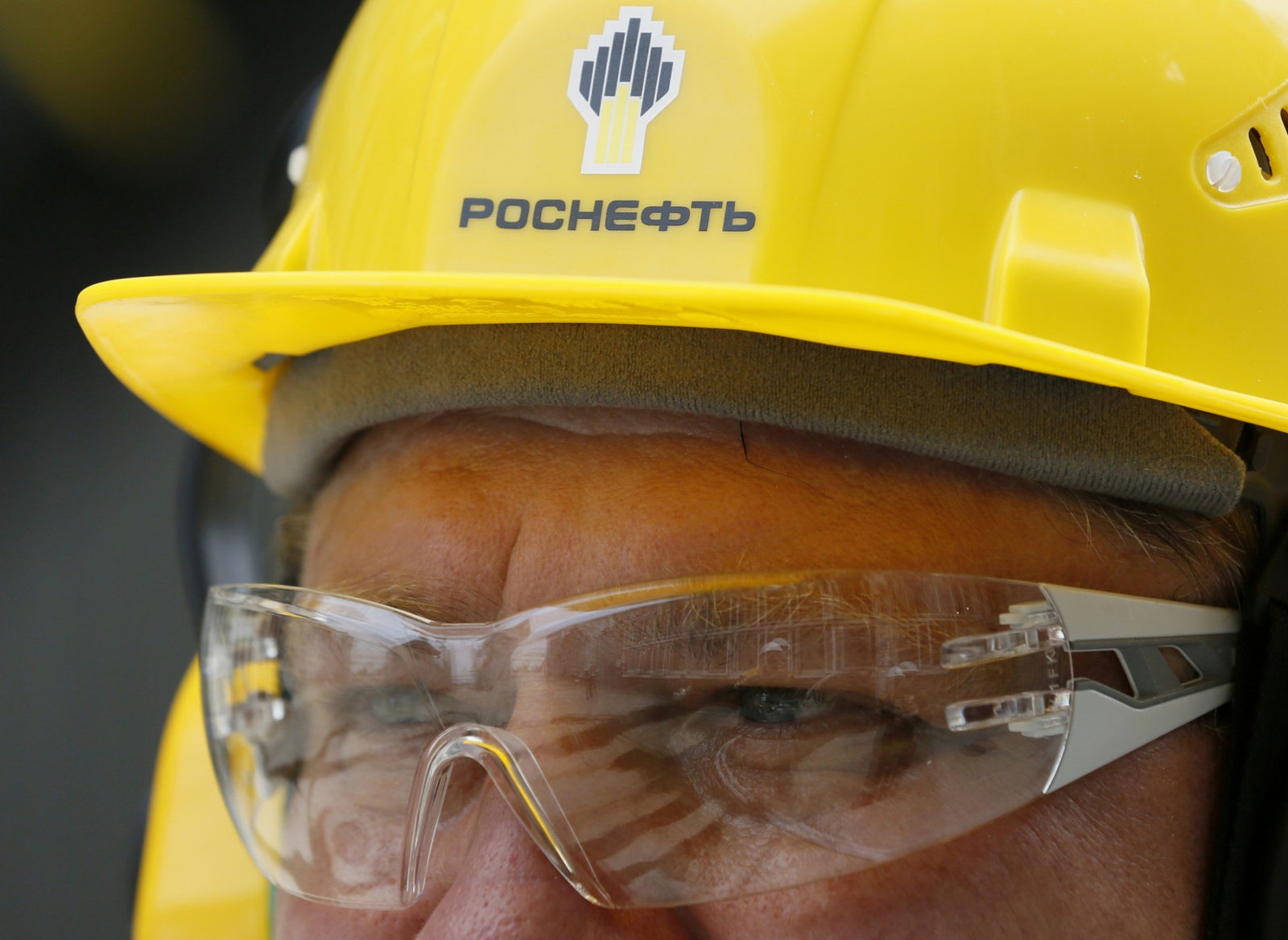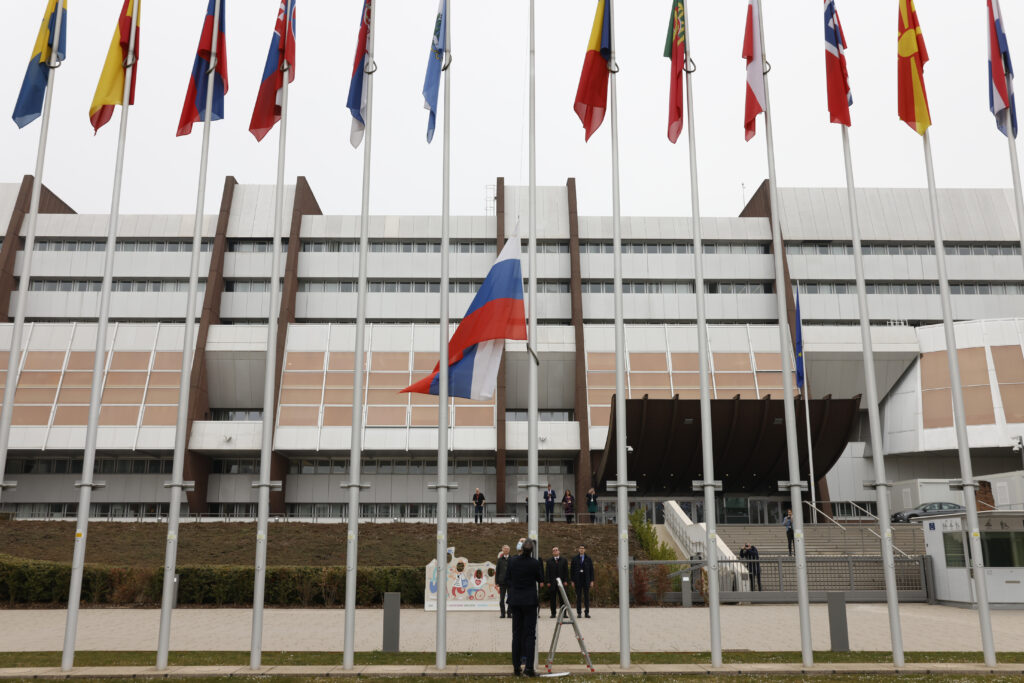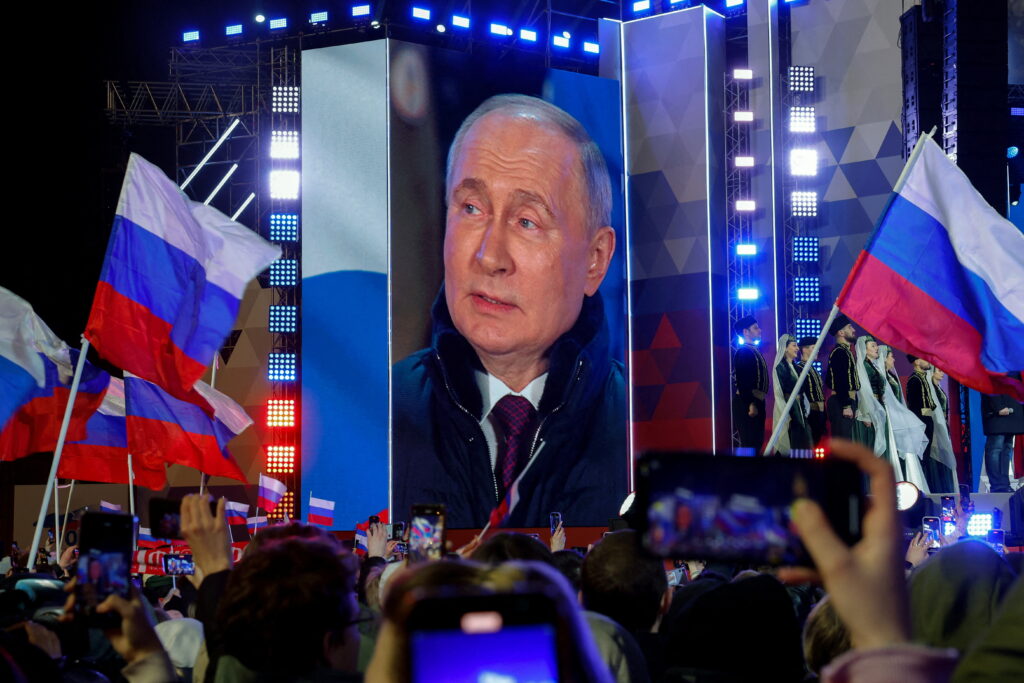There is an annoying tendency in expert discussions and the media to treat almost any interaction between Russian companies and entities under sanctions as sanctions evasion, circumvention of sanctions, sanctions skirting etc. And a recent article by my esteemed colleague Maximilian Hess, ‘The Sanctions Side-Step’, does not avoid this somewhat accusatory bias. The author classifies all the presented cases as examples of ‘sanctions evasion’ that ‘violate the spirit of sanctions’.
Such an approach reflects a certain bias against Russian businesses. Sanctions restrictions are already subject to broad interpretation by counterparties of the sanctioned persons. However, sanctions are still rule-based, albeit to a certain extent. Ideally, they should match levels of severity with levels of culpability. An approach based on sanctions neutrality calls for greater differentiation in our assessment of certain interactions with sanctioned entities.
In the fiscal sphere, it is customary to distinguish between tax evasion (the use of illegal means to avoid paying your taxes) and tax avoidance (legitimate albeit undesirable tax optimisation schemes). The same distinction applies to sanctions: it is worth separating actions that outright breach sanction regimes from actions that do not intentionally violate them. In practice, this line is often blurred. Still, the distinction does exist.
Sanctions evasion is always punishable (from the point of view of the US authorities). Those who regularly circumvent sanctions (i.e. violate the sanctions regime) almost certainly risk being blacklisted themselves.
However, the media are often indiscriminate. Take, for example, the well-known plot with supplies from the US-sanctioned Venezuelan company PDVSA to Rosneft. ‘Moscow is keeping Venezuelan dictator Nicolas Maduro afloat’ by helping him circumvent oil sanctions, a Foreign Policy article said in October. ‘Rosneft currently circumvents sanctions by trading oil as part of debt servicing agreements with Caracas and PDVSA’ is yet another excerpt, this time from a September report by the Atlantic Council.
PDVSA is repaying debts, not selling oil to Rosneft
I would not go so far as to defend this Russian state-owned company, but I cannot agree with these categorical statements. There are several arguments why this cannot be regarded as sanctions evasion.
- Rosneft asserts that the PDVSA oil supplies only cover repayment of loans, i.e. advance payments, which earlier peaked at $6 bn and had been extended by Rosneft prior to US sanctions against PDVSA. To the best of my knowledge, Rosneft is not purchasing oil from PDVSA, since it is not paying money for it. PDVSA expects to fully pay off its debts to Rosneft by March 2020.
- When the US imposed sanctions on PDVSA and the Maduro administration, they were motivated by cutting off the regime from financial flows. The transactions between Rosneft and PDVSA do not provide the Maduro regime with cash. Moreover, paradoxically, Rosneft is unwittingly supporting US interests; if it refused to accept Venezuelan oil, PDVSA could sell it to someone else in exchange for money or other assets.
- If we are to believe a Reuters exclusive article, Rosneft has not even received oil from PDVSA directly in a number of cases. For instance, Venezuelan oil is supplied to India’s Reliance Industries Ltd, which then pays Rosneft for it, which reduces PDVSA’s liabilities to the Russian company. Therefore in these cases. formally, Rosneft receives neither money nor oil from PDVSA.
- Reliance claims to have secured the consent of the US authorities for such transactions (although it is not clear whether other Asian customers have similar permission).
- In other cases Rosneft accepts Venezuelan crude in lieu of servicing PDVSA’s debt, and delivers it to India’s Nayara Energy, 49% owned by a Rosneft-led consortium. The Indian refinery pays for the supplies to Rosneft with fuel, not money, in order to steer clear of banking intermediaries which fear sanctions violations.
- It is noteworthy that back in April Reuters revised its article on Rosneft and PDVSA under pressure from the Russian company. According to the original story, Rosneft violated the sanctions regime, whereas in the corrected version a disclaimer says that experts interviewed by Reuters did not believe these deals violated sanctions.
- Ultimately, it is incorrect to describe regular deals initiated before sanctions against PDVSA as sanctions evasion. They continued more or less openly after the sanctions were introduced.
Sanctions, if any, would be imposed for a different reason
All the aforementioned doesn’t mean that the US Department of the Treasury is not entitled to impose sanctions on Rosneft for its dealings with PDVSA. In accordance with Executive Order 13850 of November 1, 2018, sanctions can be imposed on any legal entity, regardless of its nationality, for material assistance or support to PDVSA. The fact that Rosneft receives repayment of its debts can hardly be regarded as assistance. However, the Executive Order also mentions the prohibition of ‘contribution or provision of funds, goods (…)’ on behalf of PDVSA. And here lies the opportunity for the US to apply ‘the letter of sanctions’ since Rosneft obtains Venezuelan oil in a direct or indirect manner. A more intricate, three-party factoring scheme, whereby the Russian company pays money for PDVSA’s deliveries to a third party, may well be regarded sanctions evasion.
However, it is important that Rosneft considers such supplies acceptable and does not hide them or deceive the US administration (after all, the company publishes quarterly reports on the rate of repayment of PDVSA’s outstanding debt). From Rosneft’s point of view, ‘the receipt of goods’ prohibited by Executive Order 13850 does not result from trade (export-import operations) but is a consequence of Rosneft’s ownership of assets in Venezuela in the form of PDVSA receivables. According to Rosneft’s statements, this is perceived as an investment (due to interest accrued on these loans), while potential sanctions are perceived as a threat of expropriation of the investment.
US sanctioning authorities probably might have reached a consensus that deals between Rosneft and PDVSA should be punished. The S&P Global Platts agency reported in August that the US was thinking of imposing sanctions against Rosneft. Since an anonymous American official referred to barter schemes that benefit the Maduro regime, the formal reason for possible sanctions will not be supplies of Venezuelan oil in lieu of debt repayment, but alleged Rosneft supplies of oil products back to PDVSA. The Financial Times reported in August that the Russian company remained the last major supplier of petrol to Venezuela, which is probably considered by the US as ‘material assistance’ to the regime.
This line of thinking was indirectly endorsed by Elliott Abrams, the US Special Representative for Venezuela, who said there was a difference between what China was doing (primarily caring about reimbursement of its debts) and what Moscow and Rosneft were doing in Venezuela. It’s a pity Abrams did not explain the fundamental difference. Speaking of alleged petrol supplies to Venezuela in exchange for crude (which, by the way, have an obviously humanitarian aspect, although they also help Maduro hold on to power), the question arises: why do other companies believe fuel supplies to Venezuela are not prohibited under US sanctions? In October, Reliance admitted it had resumed oil imports from PDVSA in exchange for diesel supplies. The company said these operations were in line with US sanctions since the Venezuelan oil was paid for with permitted oil products (accordingly, the Maduro regime receives no cash).
Apparently, Reliance legal advisers interpreted the June explanation from the US Treasury Department in such a way that Washington was clearly ready to punish non-US companies for supplying diluents to PDVSA that were needed to deliver Venezuelan crude through pipelines for export, but not for supplying some other oil products. Interestingly, Bloomberg reported in March that Rosneft was preparing to supply batches of diluents to Venezuela, although there were no subsequent reports on that. There is no evidence Rosneft might have supplied such products to PDVSA.
As follows from all this, the issue of sanctions against Rosneft for cooperation with PDVSA will most probably be resolved in the political sphere (if at all) not in terms of formal interpretation of whether the company violated sanctions against Venezuela or not. As usual, the US authorities consciously support the uncertainty of the interpretation of a number of sanctions provisions on Venezuela, thereby leaving a gap for possible political action.
When can we speak of sanctions evasion?
Another example: in September 2019, the Maduro government paid the Russian government interest on a $3.15 bn loan, in Russian roubles instead of US dollars (currency of the contract). Is this sanctions evasion?
Moscow agreed to accept payment in roubles not because it sought to circumvent sanctions provisions but because payment in dollars was impossible due to the blocking of Venezuela’s dollar transactions by the US Treasury. From the point of view of the letter of sanction regulations, the receipt of funds from the Maduro government in any currency may become the basis for imposing sanctions against the payee. But it is hard to imagine that Russia would refuse to accept Venezuelan loan repayment because of this risk. As in the case of Rosneft, Moscow openly accepted the payment, publicly announcing it. If we apply the logic of ‘sanctions evasion’, it turns out that threat of sanctions on the Russian government is as likely as the threat to Rosneft.
We can say with confidence that sanctions evasion takes place if transactions are carried out in secret or participants try to hide any elements of the transaction. In the structural sense, sanctions evasion occurs when a company has two alternative ways of making transactions – direct, but threatened with sanctions, or more complex, aimed at circumventing sanctions by some kind of manipulation. Here are some fictitious or real examples:
- Company X supplies equipment to embargoed Crimea through third party Y (for example, supplying equipment to neighbouring Krasnodar Krai, after which Y resells it to Crimea). It is understood that for company X sanctions are much more undesirable than for Y (the latter may simply be a front company).
- Company X provides services in Crimea using the cover company Y, carefully hiding its affiliation (for example, it is rumoured that one of the operators of the Russian Big Three companies is providing cellular communication services on the peninsula, but KTK Telecom would formally be doing this and its beneficiaries are hidden in an anonymous offshore).
- Russian Railways wanted to pay out dividends to the Russian authorities in kind in May this year, namely rail cars, while these rail cars have ended up in Crimea according to media reports. If Russian Railways wanted to directly transfer rail cars to Crimea, it would have been at risk of sanctions for violating the embargo.
- Under CAATSA, foreign companies can fall under so-called secondary sanctions if they make ‘material transactions’ with Russian sanctioned entities. When a company tries to conceal such transactions or split them into smaller ones in order to reduce the risk of them being considered material, this is an obvious example of sanctions evasion.
- Russian oligarchs under sanctions, as rightly pointed out by Maximilian Hess, use a common workaround strategy: they reduce their share in businesses below 50% de jure in order to escape sanctions, but de facto retain personal or family control. Some shares are transferred to relatives (e.g. Oleg Deripaska has transferred shares to his cousin Pavel Ezoubov, Gennady Timchenko to daughter Ksenia Frank) or loyal managers (Viktor Vekselberg).










